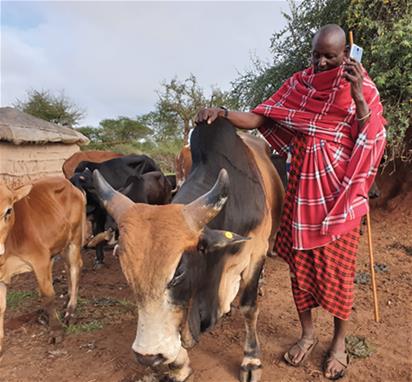Caribbean Vector-Borne Disease Network (CariVecNet)
Newsletter
Vector-borne diseases are illnesses caused by parasites, viruses and bacteria that are transmitted by vectors such as mosquitoes, ticks, flies snails. They occur in more than 100 countries worldwide, affecting as much as half of the world’s population.
This report highlights the impact of research supported by the UNICEF/UNDP/World Bank/WHO Special Programme for Research and Training in Tropical Diseases...
This report highlights the impact of research supported by the UNICEF/UNDP/World Bank/WHO Special Programme for Research and Training in Tropical Diseases...
Seasonal malaria chemoprevention (SMC) is the intermittent administration of a curative dose of antimalarial medicine to children at high risk of severe...
This report highlights the impact of research supported by the UNICEF/UNDP/World Bank/WHO Special Programme for Research and Training in Tropical Diseases...
The growing threat and recent epidemics of Aedes-borne arboviral infections in Africa has put into question the adequacy of public health systems to...
This guide is an update to the previous version. This revised edition of Operational guide using the web-based dashboard: Early Warning and Response System...
Currently available methods to control mosquito vectors are based on the use of insecticides and elimination of mosquito larval breeding sites. In...
This toolkit aims to strengthen the capacity of researchers working on infectious diseases of poverty by incorporating an intersectional gender approach.The...
This document is intended to be a comprehensive guide for programme managers tasked with recommending a “go/no-go” decision on testing, full...
Research briefs on urban health and infectious diseases of poverty

